January 3, 2025 | 01:58 GMT +7
January 3, 2025 | 01:58 GMT +7
Hotline: 0913.378.918
January 3, 2025 | 01:58 GMT +7
Hotline: 0913.378.918
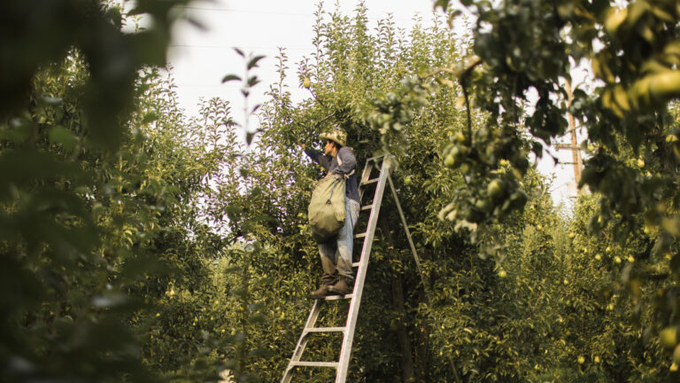
Picking pears at a farm in Oregon.
American life expectancy is falling further behind that of other wealthy countries. Many factors account for this trend, but our increasing consumption of ultra-processed food plays a major role in early and preventable deaths. U.S. agriculture subsidies encourage the production of commodity crops like corn and soybeans, which are mostly made into processed foods or used for animal feed and biofuel production.
Meanwhile, the relative lack of subsidies for healthy crops like fruits and vegetables means that farmers are economically discouraged from growing them. This wreaks havoc on Americans’ health by promoting the production and consumption of unhealthy food, but it also perpetuates a series of environmental harms that adversely impact human health, including the rapidly worsening climate crisis.
The Farm Bill, which expires this year, offers a necessary opportunity to repair our food system, improve human health, and address the climate crisis head on, all while providing stronger economic support to small and independent farmers.
As a family physician, one of my most important jobs is to teach patients how to lead a healthy lifestyle. Various national and international dietary guidelines, including those from the American Heart Association and the EAT Lancet Commission, call for more consumption of whole and plant-based foods, while also urging reduced intake of red meat, dairy, and ultra-processed foods. I constantly stress the importance of these changes to my patients, but our food system makes for an uphill battle. Many of my younger patients grew up with a diet consisting largely of processed foods. Even for teenagers and young adults, these deeply ingrained habits begin to take a serious physical toll, leading to various chronic diseases including obesity, high blood pressure, and diabetes at shockingly young ages.
Marginalized communities bear the greatest health burden from the current U.S. food system. Black and Hispanic households experience food insecurity at more than twice the rate of white households. Importantly, food insecurity does not simply denote a lack of access to sufficient calories, but rather, a lack of access to food that is both nutritious and affordable. For example, people living in food deserts may be surrounded by ultra-processed foods from fast food restaurants and convenience stores, while the nearest produce aisle sits miles away. Moreover, BIPOC and Hispanic Americans have higher rates of diabetes than white people; Black people consistently have the highest rates of hypertension of any racial group; and, women with low levels of education and income are more likely to have obesity.
All of these chronic conditions increase the risk of climate-related health impacts. For example, people with diabetes and obesity are more prone to heat illness, both heat and poor air quality can worsen heart disease, and those with chronic disease are especially vulnerable during natural disasters, which frequently block access to medication, dialysis, and other essential forms of health care.
The U.S. food system is also a major driver of climate change, which leading medical journals have called the single greatest public health threat to humanity. A recent analysis by the Harvard Center for Health Law and Policy found that one-third of U.S. greenhouse emissions come from agriculture. Not only do agricultural practices contribute to planet-warming pollution, they also pose additional environmental health risks, including human exposure to infectious diseases such as E. coli and bird flu, increasing rates of antibiotic-resistant bacteria, air and water pollution, and the erosion and degradation of topsoil, which will make it even harder to produce enough food in the face of climate change.
The U.S. agriculture industry must continue to supply abundant and affordable food to the nation and the world, but it also must adapt to confront the twin threats of the obesity epidemic and climate change. A new Farm Bill can facilitate this transition with a few key provisions.
Most importantly, the bill should shift subsidies to promote production of food that is good for both consumers and the planet. Currently, the vast majority of farm subsidies go to commodity crops with a relatively high carbon footprint, creating economic incentives to use them for the production of ultra-processed food and animal feed, thereby leading to cheaper carbon-intensive animal products like beef and dairy. These foods tend to be high in calories, sugar, sodium, and saturated fat, all of which are associated with adverse health impacts such as diabetes, heart disease, and premature death.
Meanwhile, the healthiest foods — such as fruits, vegetables, beans, and lentils — receive minimal subsidies and are therefore artificially more expensive for consumers compared to less healthy options.
A new Farm Bill can also shrink our carbon footprint by providing better funding for conservation programs, shifting agricultural subsidies so that payouts are not tied to crop production, realigning agricultural insurance policies to encourage climate- and water-smart practices, and funding further research into new low carbon farming technology.
Inevitably, any version of the Farm Bill that includes the above provisions will be accused of further hindering the prosperity of rural America and sacrificing the American farmer at the expense of meeting climate goals. This is a common but disingenuous argument that fails to account for who currently benefits from agricultural subsidies. In fact, the largest and wealthiest farms, most of which grow commodity crops, are by far the biggest beneficiaries of current subsidies. Farmers of color, new farmers, and those growing fruits and vegetables tend to receive a very small slice of the pie. The new Farm Bill should shift subsidies from wealthy, corporate farms toward small, independent growers, while also improving Americans’ health and fighting climate change.
Doctors and climate scientists have been sounding simultaneous alarms for decades. The twin crises of diet-related chronic disease and climate change are both taking a serious toll on our health, and are set to worsen without urgent, large-scale changes in government policy. In both cases, the onus is too often placed on individuals to eat a better diet and take personal action to limit their carbon footprint, but it is past time we recognize the need for systemic change.
The Farm Bill is typically renegotiated every five years, creating high stakes and long-term impacts from each new version. We cannot risk waiting until 2029 for policies that facilitate a green, healthy, and just transition away from a food system that harms our health and accelerates climate change.
statnews

(VAN) Livestock production is a cornerstone of agrifood systems, providing essential nutrition and economic opportunities worldwide.
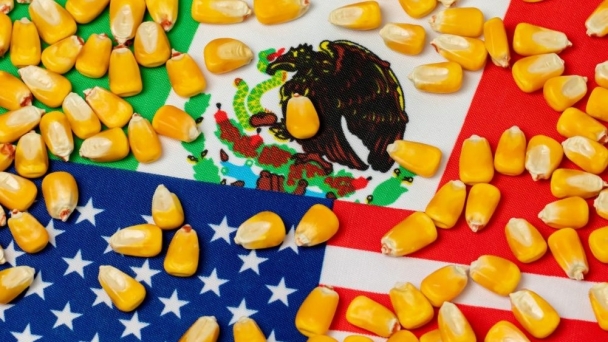
(VAN) With Mexico accounting for nearly 50% of total US corn export sales annually, US corn growers hailed the decision as a major victory.
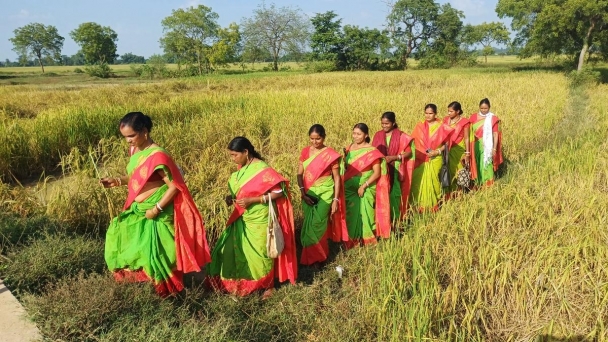
(VAN) Thousands of women in West Bengal’s Jhargram district have set up a farmer producer company, Aamon, cultivating indigenous varieties of paddy without using lab-made fertilizsers.
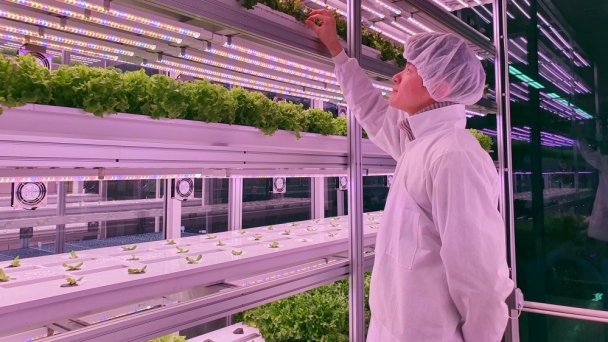
(VAN) Achieving food security and sustainability is a top priority for Saudi Arabia as it works toward building a more inclusive economy.

(VAN) Tien Giang province is actively inviting domestic and international investors to explore opportunities in its burgeoning coconut industry, which boasts significant untapped potential.
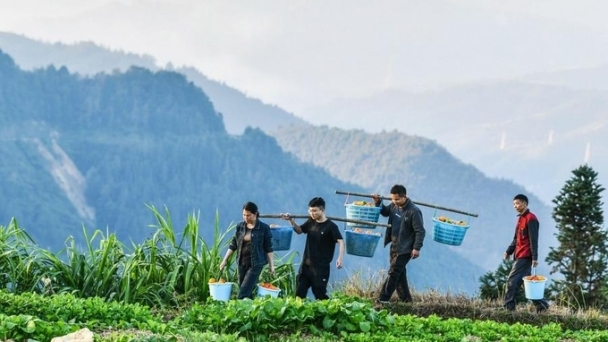
(VAN) Chinese President Xi Jinping has urged further deepening rural reform and making solid advances toward the goal of building up China's strength in agriculture.
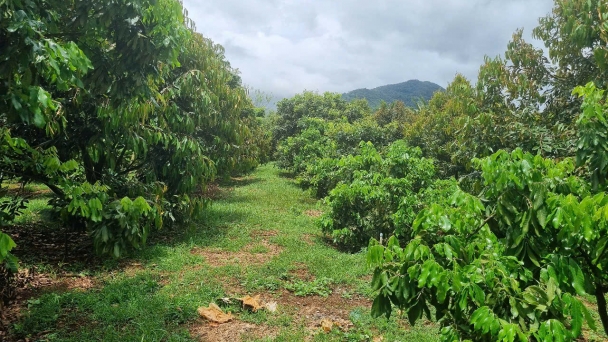
(VAN) Recovering degraded soil is a prolonged, enduring process that demands solutions on mechanisms, policies, infrastructure investment, science technology and agricultural extension, etc.